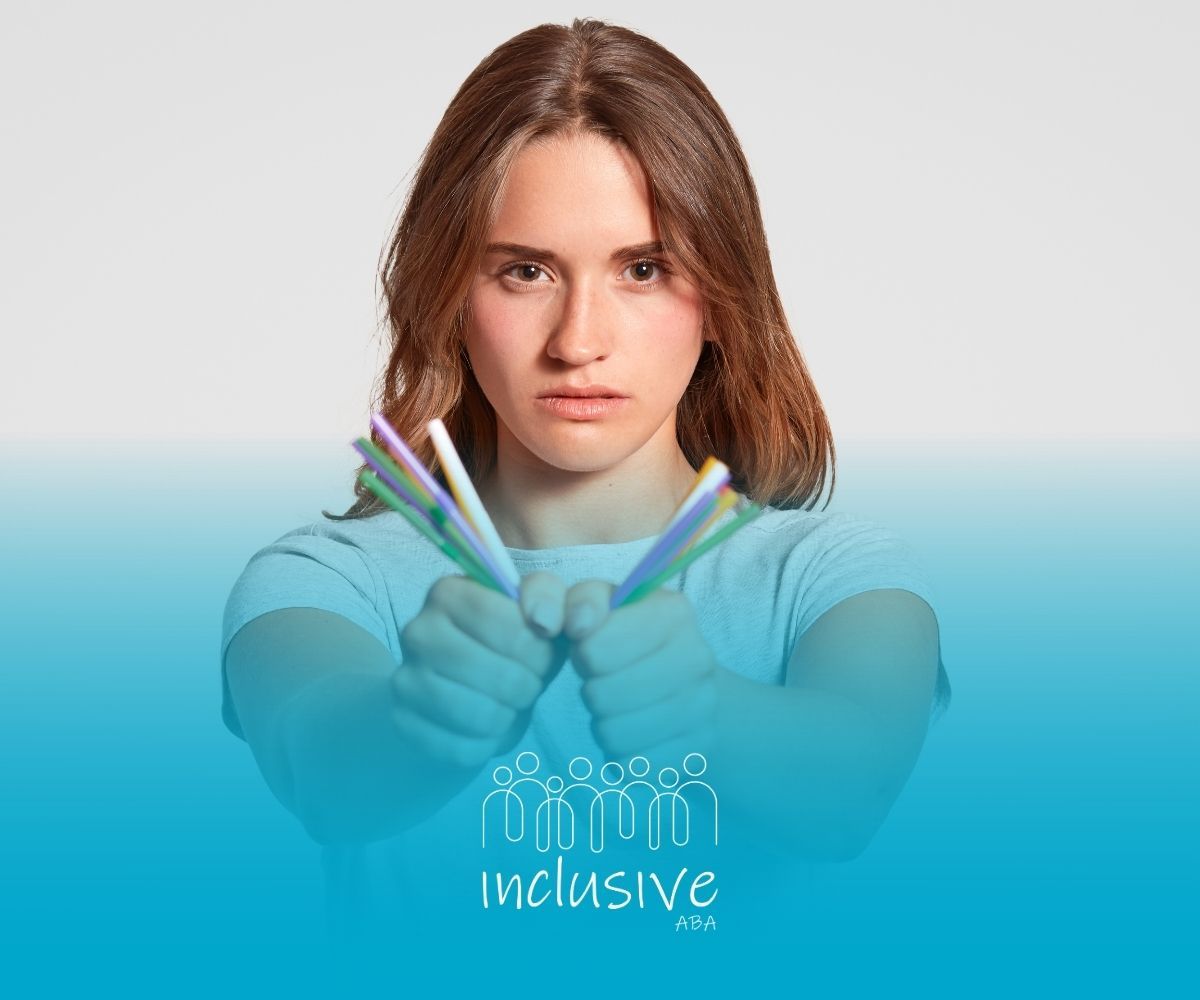Is ABA a Form of Psychology or Something More?
Key Highlights
- ABA therapy has its roots in psychology but is now a distinct, science-based discipline focused on observable behavior.
- It's widely used to support individuals with autism and other developmental challenges.
- While psychologists and behavior analysts often collaborate, their training and approaches differ.
- ABA is recognized by both the American Psychological Association (APA) and the U.S. Surgeon General.
- Therapy is delivered in settings like clinics, schools, homes—and even workplaces.
- Programs rely on goal setting, positive reinforcement, and continuous data tracking.
ABA therapy is often lumped in with psychology, but it’s more than that. It’s an evidence-based approach that focuses on behavior—what we can see, measure, and improve. While psychology often deals with thoughts and feelings, ABA is about action and results.
I’ll never forget a family I worked with in Ohio who came in expecting home-based ABA therapy sessions with lots of talking. Instead, we built a custom plan based on goals like “ask for help” or “follow instructions.” Seeing their son learn to express his needs for the first time was a powerful reminder that ABA is its own kind of science—with psychological roots, but a distinct approach.
What is Applied Behavior Analysis (ABA)?
Applied Behavior Analysis (ABA) is a therapeutic approach focused on improving specific behaviors—especially in people with autism spectrum disorder (ASD) and developmental disabilities. It's built on principles from psychology but has grown into its own discipline.
ABA is practical and results-driven. It teaches everyday skills—like communication, social interaction, and self-care—by breaking them down into manageable steps. As Autism Speaks notes, ABA is currently the most evidence-based treatment for autism.
So, is ABA psychology? The answer is nuanced—let’s break it down.
How ABA Evolved from Psychology
Early Roots in Behaviorism
ABA’s connection to psychology starts with behaviorism—the study of how the environment influences actions. Pioneers like Ivan Pavlov and B.F. Skinner laid the foundation. Pavlov’s classical conditioning and Skinner’s operant conditioning introduced the idea that behavior could be learned and modified.
“Behavior is shaped and maintained by its consequences.” – B.F. Skinner
These ideas paved the way for applied practices that focus on reinforcing positive behavior.
Ivar Lovaas and Autism Intervention
In the 1960s, psychologist Dr. Ivar Lovaas took these principles into the real world. He launched some of the first studies applying behavior analysis to children with autism. His work showed that structured, early intervention could lead to meaningful improvements in communication and social skills.
How ABA Became Its Own Field
A Shift from Theory to Application
While ABA grew from psychological theory, it gradually moved toward practical application. Behavior analysts started focusing on observable, measurable outcomes, making the field more structured and data-driven than other areas of psychology.
Today, most practitioners are not psychologists—they’re certified behavior analysts with specialized training.
Professional Standards and Oversight
ABA professionals follow guidelines set by the Behavior Analyst Certification Board (BACB). They undergo specific coursework, extensive fieldwork, and a certification exam. In contrast, psychologists often pursue doctoral degrees covering a broader range of mental health topics.
What Major Organizations Say About ABA
Recognition from Psychology and Health Authorities
ABA therapy has earned recognition across disciplines:
| Organization | Role or Recognition |
|---|---|
| American Psychological Association (APA) | States ABA is part of psychology |
| Behavior Analyst Certification Board (BACB) | Sets standards and certification for ABA |
| State Licensure Boards | Oversee ABA practice in some states |
| U.S. Surgeon General | Endorses ABA as effective for autism |
According to the APA, “Applied behavior analysis is clearly within the scope of the discipline of psychology and is an integral part of the field.” This reinforces its relevance to behavioral health—even if it operates separately from clinical psychology.
Key Differences Between ABA and Psychology
Different Focus Areas
- ABA focuses on observable behavior and uses reinforcement to shape it.
- Psychology, especially clinical psychology, includes internal experiences like thoughts and emotions.
For example, Cognitive Behavioral Therapy (CBT) might address both how a person thinks and acts, while ABA strictly targets behavior and environmental triggers.
Shared Goals, Different Methods
Both fields aim to improve quality of life—but use different tools. ABA emphasizes structured interventions, while psychology may take a broader or more exploratory approach.
Education and Certification: ABA vs. Psychology
Training to Become an ABA Therapist
To become a Board Certified Behavior Analyst (BCBA), a person must:
- Earn a master’s degree in behavior analysis, psychology, or a related field
- Complete supervised fieldwork (usually 1,500–2,000 hours)
- Pass the BCBA certification exam
Some states also require a license to practice.
Psychology Career Path
Psychologists typically:
- Complete a PhD or PsyD
- Engage in clinical internships and postdoctoral work
- Pass state licensing exams
While psychologists have a wider clinical scope, ABA professionals specialize in behavior-focused strategies.
How ABA Is Used in Real Life
In Schools, Clinics, and Homes
ABA therapy is highly adaptable. It’s used in:
- Early intervention programs for autism
- School-based behavior support plans
- Home routines for teaching self-help and life skills
ABA is also used in organizational behavior management, helping companies improve employee performance.
Psychologists Who Use ABA Techniques
Even though ABA is its own field, many psychologists integrate its methods. They use reinforcement systems, track progress with data, and target specific skills.
For example, a psychologist working with a child on the autism spectrum may use discrete trial training, a method drawn directly from ABA, to teach turn-taking or eye contact.
Does ABA Work for More Than Autism?
Absolutely. While most commonly associated with autism, ABA also supports individuals with:
- ADHD
- Anxiety
- Challenging behaviors
- Everyday skill-building, like brushing teeth or improving sleep routines
According to the CDC, around 1 in 36 children are diagnosed with autism in the U.S. (CDC, 2023), and ABA is one of the most widely recommended treatments for them.
Final Thoughts: Is ABA a Form of Psychology?
ABA and psychology share common roots, but they’ve grown into distinct paths. ABA is behavior-focused, measurable, and structured—traits that make it incredibly effective for certain populations.
That said, the two often work hand-in-hand. Whether you’re a parent, educator, or mental health professional, understanding how ABA fits into the broader landscape of psychology can help you make informed choices.
At Inclusive ABA, we believe families deserve personalized, compassionate care—whether it’s in the classroom, in your home, or out in the community. O
ur team of licensed professionals uses proven ABA techniques to build skills and confidence in children with autism spectrum disorder. We work closely with parents, schools, and educators to create practical plans that bring measurable progress.
We proudly provide in-home ABA therapy and school-based autism support across Nevada, Nebraska, Colorado, Utah, Iowa, and Ohio. If you're looking for support that’s evidence-based, tailored to your child, and rooted in empathy—we’re here to help.
Reach out today to schedule a free consultation and find out how Inclusive ABA can support your family’s unique journey.
FAQs
Can someone with a psychology degree become an ABA therapist?
Yes, but they’ll need additional coursework and supervised experience in behavior analysis. Certification through the BACB is also required.
Is ABA officially part of psychology?
According to the APA, yes—it’s considered a part of psychological science. However, ABA has its own credentialing system and is often regulated separately.
What are common misconceptions about ABA?
Some people think only psychologists can offer ABA, or that it’s just another type of therapy. In reality, behavior analysts are uniquely trained, and ABA is practiced in many non-clinical settings.
Sources:
- https://www.webmd.com/mental-health/what-is-operant-conditioning
- https://blogs.uoregon.edu/autismhistoryproject/topics/applied-behavior-analysis/
- https://pmc.ncbi.nlm.nih.gov/articles/PMC3640891/
- https://pubmed.ncbi.nlm.nih.gov/21153872/
- https://psycnet.apa.org/record/2024-24545-001
Looking for Expert Help? We're Here for You!
Our compassionate and skilled team is devoted to enhancing your child's development through customized ABA therapy. Let us partner with you to create a supportive environment for your child's success.
Discover how we can help your family thrive with expert ABA therapy.
Related Posts







